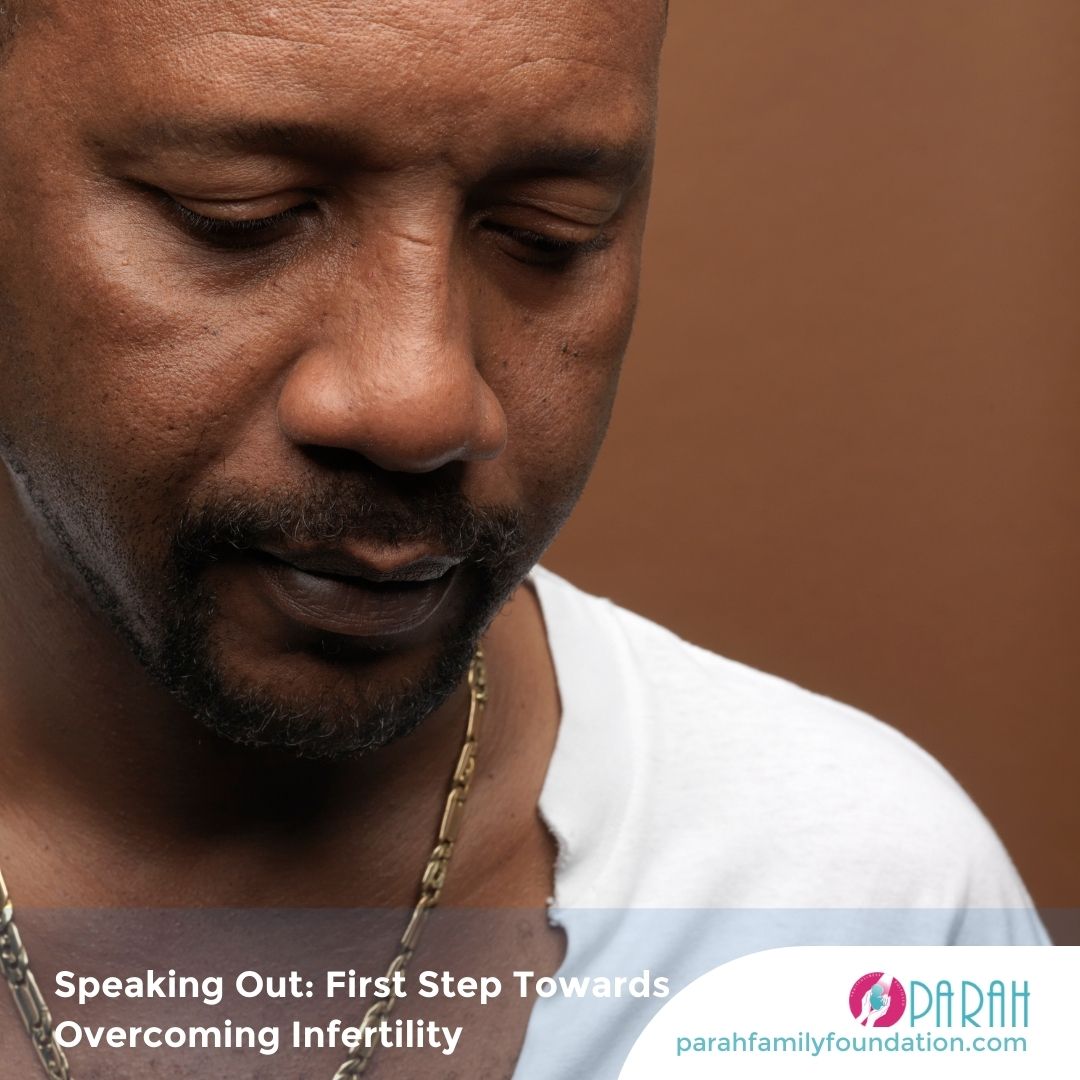Speaking Out: First Step Towards Overcoming Infertility
Infertility has been a growing problem for the last several decades, affecting about one in six couples.
The rise can be linked, in part, to maternal age as women and couples defer child-rearing to concentrate on establishing a career, or getting their finances in order.
Women’s eggs are less viable as they age, but there is also growing evidence that the viability of male sperm decreases with age, too (though not nearly as dramatically).
A meta-analysis of studies on sperm count published in 2017 in the online journal Human Reproduction Update notes that sperm counts in Western nations have been in a free fall, plunging more than 50 per cent between 1973 and 2011.
While infertility affects men and women more or less equally, experts note men may struggle more when it comes to opening up about the issue.
Edmonton registered psychologist Dr. Terry Karpman, whose practice has focused on infertility for the last 10 to 15 years, says that in her experience, men have a harder time than women talking about their infertility — though she notes that’s also a generalization and therefore not always the case.
“Women are generally more in touch with their own emotions and willing to share it. For men, they (may be) feeling it’s a reflection of who they are as a man,” says Karpman. “And it’s harder to share that with people.”
“It’s really emasculating, humiliating,” says Vance Bosch. “It’s a huge pride and ego thing … as evolved as we are in this culture, there’s still a long way to go between that toxic masculinity, and having a man accept something is wrong, and be able to talk about it.”
We are raised to think reproduction is natural, and therefore easy. “And when that doesn’t happen, couples are surprised,” says fertility expert Dr. Caitlin Dunne of the Pacific Centre for Reproductive Medicine, a private fertility clinic with headquarters in Vancouver and an office in Edmonton. “But, in fact, male infertility affects 15 per cent. It’s a disease and it’s common to have problems.”
There is a widely held misconception that most fertility problems reside with women, says Dunne. The truth is that the problem is split roughly into thirds, with one-third of the root cause coming from the woman’s side, and one-third from the man’s. A variety of factors make up the final third of the problem, including issues affecting both partners and “unexplained.”
Infertility is diagnosed when there is frequent, unprotected sexual intercourse for a year or longer.
Male infertility can be connected to:
- Low sperm production
- Abnormal sperm function or blockages that get in the way of sperm delivery
- Genetic conditions
- Injuries
- Chronic health problems
- A history of sexually transmitted infections and lifestyle choices (such as smoking and excessive drinking) may also be at play
- Exposure to pesticides or chemicals can be a risk factor, too
Once a man has tests and a diagnosis, there are a few options for treatment. Patients must visit a private clinic to get help.
- Some couples will opt for donor sperm.
- Sometimes sperm can be improved with medication.
- If the problem is a varicocele, or a swelling of the veins that drain the testicle, a surgical procedure may be required, which is covered by public health care.
- If a man has a mild or moderately low sperm count, doctors can filter the sperm to eliminate the unsuitable ones, and then insert the viable sperm into the uterus through a catheter in a procedure known as intrauterine insemination, or IUI.
- The most advanced treatment for male factor infertility is intracytoplasmic sperm injection (ICSI). Doctors extract an egg and inject a single sperm into it, creating an embryo that’s later transferred into the uterus.
Karpman, the psychologist, says people with infertility problems have to realize it’s not their fault. Knowing they are not alone can be a comfort, too.
“I caution couples not to let this one issue define who you are. This can become all-consuming,” she says. “There is a lot more to who they are as a husband and a friend.”
Karpman further encourages men to seek support, but it’s not always easy to find. There is a support group for women with infertility issues, but nothing for men.
Edmonton’s Daniel Tse, a project manager working temporarily in Ottawa with the Canadian Digital Service, says the stigma around male infertility is “huge”.
He says, men struggling with fertility issues should talk about it, and earlier rather than later. It’s even more difficult to keep infertility to yourself.
“I would say, rip the proverbial Band-Aid off as soon as possible and talk to someone. Because the conversations will only get more difficult the longer you wait. Find at least one person.
Don’t keep it to yourself, it would only make it much more difficult.”
©️ ‘Yinka Bosede.




